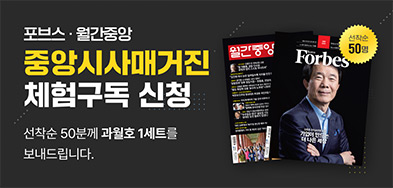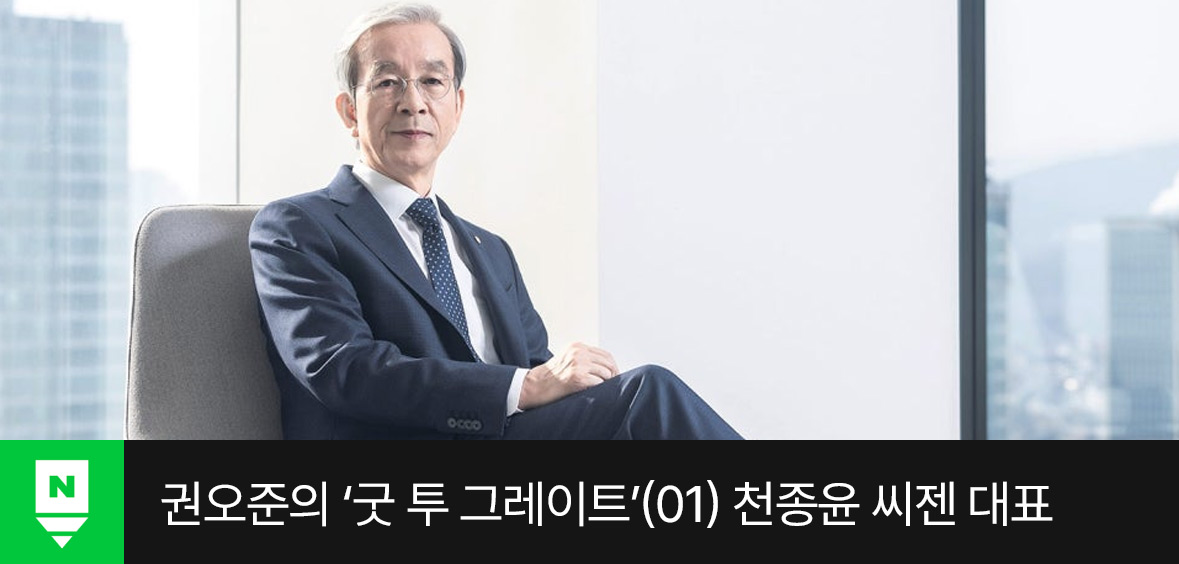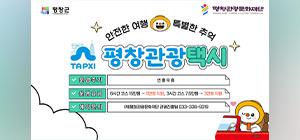샤피카 데라기 주한 알제리 대사 부인이 포브스코리아에 특별한 편지를 보내왔다. 알제리에서 벌어진 여성 인권 운동이 주제다. 그녀는 알제리가 아프리카와 이슬람 국가 가운데 가장 앞선 여성 인권국이 된 이야기를 소개하고 싶어했다. 주한 알제리 대사관의 요청으로 대사 부인의 편지 원문을 이곳에 올린다.

▎데라기 대사 부인은 한국과 알제리가 교류를 늘리며 장점을 배워가는 국가가 되기를 바란다. / 사진·전민규 기자 |
|
Women’s Rights in Algeria: a pioneer experienceI am Mrs derragui chafika spouse of the Algerian ambassador in korea, We are in Korea since 3years, I am very happy to be in this beautiful contry and specially to have Korean friends, we share some of similar cultures, like hospitality, still wearing the traditional dresses in big events, and many others exemples.On the occasion of the International Women Day, I am very happy to present to you, the role of Algerian women in the society, and specially I noticed since my stay in Korea that, Algeria and the Algerian women is not well known.The Algerian woman who has always been, at the right time, an example of abnegation and patriotism. After playing a key role during the National War of Liberation (1954-1962) against colonialism, Algerian women participate actively to the management of the country’s affairs in all the domains.After accessing to important place in the ranks of education, health and justice in recent years, more and more women are turning to entrepreneurship, an area where their interest is gaining strength by the day. Indeed, Algerian woman contribution to the process of national renewal and reconstruction is highly significant.The situation of women's rights in Algeria has made real progress in recent decades and is part of the broader context of the role of women as a driving force in the history of Algeria, indeed women played an important role during the war of national liberation between 1954 and 1962 and at independence, the high authorities of the country paid particular attention to the situation of women and girls in Algeria.Women were a central element in the heroic struggle of the Algerian people against colonialism, and during the Algerian Revolution, women were equal to men in terms of mobilization and commitment. After independence, Algerian women were alongside their brothers, artisans of the national reconstruction work in all fields to build a new, proud and dignified Algeria.The epic struggle of Algerian women throughout history and up to the present day has always seen a firm determination on the part of the state to promote women's rights, particularly through the generalization of girls' education and which has led to the fact that women form the majority of university students these days. The efforts of the public authorities for the empowerment of women have had undeniable results: women with a strong presence in the sectors of education, health, justice and even within the security and defense forces.The Algeria’s women empowerment policy proves to be a leading experience in the region and beyond. Thanks to the reforms engaged by H.E.M Abdelaziz BOUTEFLIKA, President of the Republic, Algeria made a huge progress in the field of promoting women rights and gender equality.The Algerian government always proudly reiterates its commitment to empowering women and promoting its status in the society. The Algerian Constitution and other legal fundamental texts consider women and men as equal and guarantee equality of access not only to education, healthcare and other traditional means of empowerment, but also to political and professional positions.Today, the Algerian woman has a reinforced status in the political institutions of the country: during the last legislature, 32% of the members of the lower house of Parliament were women, one of the highest ratios in the Arab world and Africa. And more and more women have made themselves into positions of responsibility.The situation of the Algerian woman is characterized by the equality in rights and duties in the political, economic, educational and cultural fields. This equality allowed the massive schooling of the girls in all the levels of education and conducted to more and more wide access to the professional life and to the political and economic responsibilities as well as to very high positions in the administration and the justice, besides the voting right and the wage equality, established since the independence. As an example, women represents in Algeria, more than 50% of the university staff, more than 60% of the medical staff, more than 30% of judges and more than 55% of journalists today. This trend is touching more and more professions.After investing in key sectors such as justice, health and education, Algerian women are now becoming entrepreneurs: in 2017, more than 143,000 women had a trade register.The new Constitution adopted in March 2016 has made substantial progress for women's rights: Article 35 stipulates that the state must work to promote women's political rights by strengthening their access to representation in elected assemblies. For its part, Article 36 recognizes gender parity in the employment sector and promotes the role of women as managerial staff of institutions, administrations and public enterprises.Public policies implemented by the state have all been implemented through the promotion of the gender approach and the empowerment of women.The Family Code has been amended to align with the international treaties and conventions ratified by Algeria, including the Convention on the Elimination of All Forms of Discrimination Against Women.An important amendment to the Nationality Code gave the Algerian woman the right to pass on her nationality to her children. As for the Penal Code, it provides important protection against certain offenses such as rape or harassment.On the social dimension, the Government has instituted a fund to support divorced women who have children to protect them against all forms of violence and to safeguard the interest of the child. In the same way, a battery of measures has been implemented with the objective to eliminate all forms of violence against women, including in public places.On March 8, 2007, the National Council for the Family and Women was inaugurated, composed of 50 ministerial representatives, public organizations and civil society. It is responsible for promoting and coordinating the dialogue aimed at strengthening the rights of women and children.At the international level, Algeria signed the Convention on the Elimination of Discrimination Against Women (CEDAW) in 1996 and fully implemented the objectives of Beijing Action Plan (1994-2015), which covers 12 goals pertaining to poverty, education, training, health, violence against women, their role in decision making and protection during armed conflicts.And me as wife of ambassador, I am lucky to present our strong Algerian women.Thank you very much to give me this opportunity .














